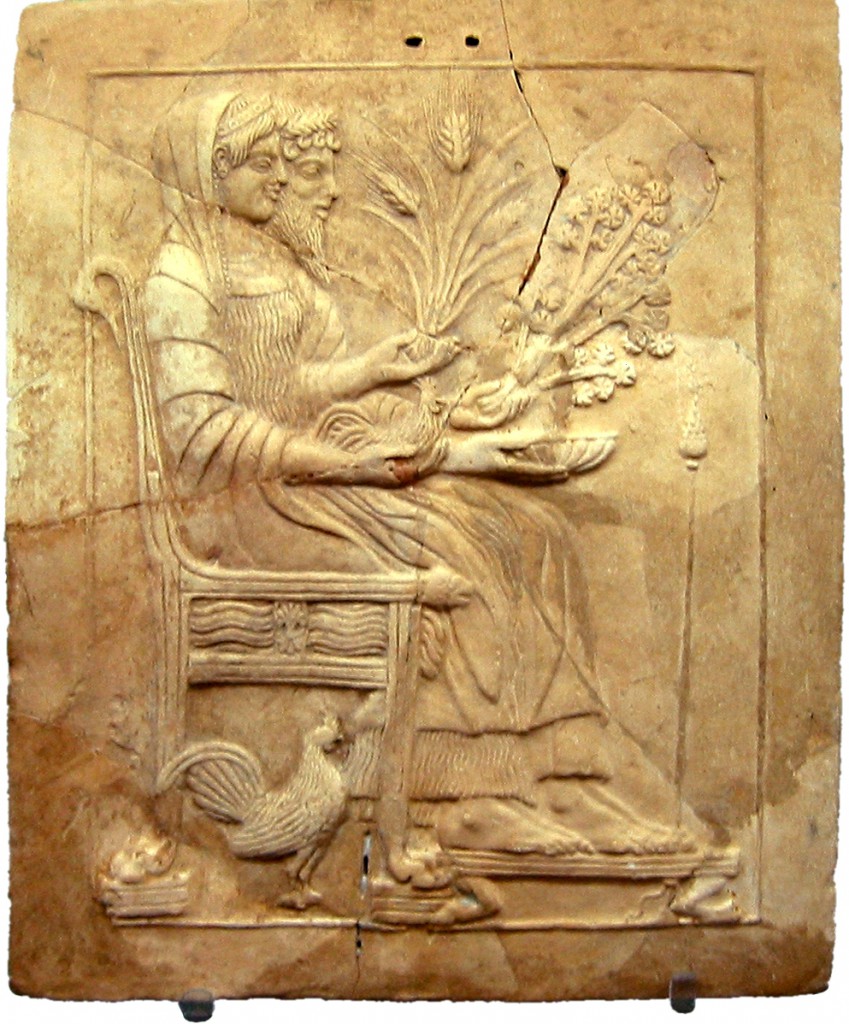In Ovid’s “Metamorphoses”, the story of Orpheus and Eurydice is the opening tale in the tenth book of the collection. It begins with a tragedy accompanied by very little exposition. It is the wedding day of Orpheus to Eurydice, an event that was intended to be a joyous celebration that turned dark when Eurydice was bitten by a poisonous snake. The wound ended up killing her, leaving Orpheus distraught.
With driven resolve, he plotted to descend into the Underworld to undo his fiancée’s untimely end and bring her back to the land of the living. With only his lute and his will to return, he embarked on his trial. When he arrived at the throne of the Underworld, Orpheus stood before Pluto and Persephone, king and queen of the realm of the dead.

He understood that in order to win back the life of his wife, he would need to win the favor of these gods1. With little introduction, he began playing at his strings and singing of the loss of Eurydice, recounting the events of what was to be their wedding. Orpheus explains that he tried to cope with his loss but his love for her made it that he could not bear to be without her. He then says that love even penetrates the hard earth, for love is the reason for the union of Pluto and Persephone in the first place, as is outlined in their own myth. His last plea is that her life will be returned after she has lived out the appropriate number of years a woman should live. Finally, he says that if she doesn’t return with him now, then he, too, will make this place his new home for he cannot live without her.
The entire realm seemed to hear his plea and all were affected by the sweet words. Even the typically stoic and unyielding Hades was moved and both the king and queen agreed to release Eurydice. At their words, the ghastly visage of Eurydice appeared, limping and paling. The two lovers were prepared to embark on the return trip home when a stipulation was placed on her departure. It was said that they may leave but Orpheus, as he is leading her from the dark, may not turn back or else the gift of her life would be revoked. After a lengthy ascent, he could see the seam between the dark and the light. However, doubt settled in and he wondered if he was only imagining her presence behind him. Half out of love, half out of fear, he turned around to find his wife’s sorrow stricken face. She only had time to mutter, “Farewell” before being dragged back down into the pits of the Underworld.
Orpheus was too consumed with grief to even eat for a week after Eurydice’s second death. He wandered the countryside, declining all offers of marriage from other women until he sat down in a glen and plucked at his strings. All of the trees surrounded him, leaning their branches inward to listen closely to his song of sorrow, until he was encapsulated completely by this grove of attentive trees. As for Eurydice, she wandered the plains of Asphodel, waiting for him to return to her again.
- Radcliffe G. Edmonds III, Myths of the Underworld: Plato, Aristophanes, and the ‘Orphic’ Gold Tablets (Cambridge: Cambridge University Press, 2004), 56. ↵